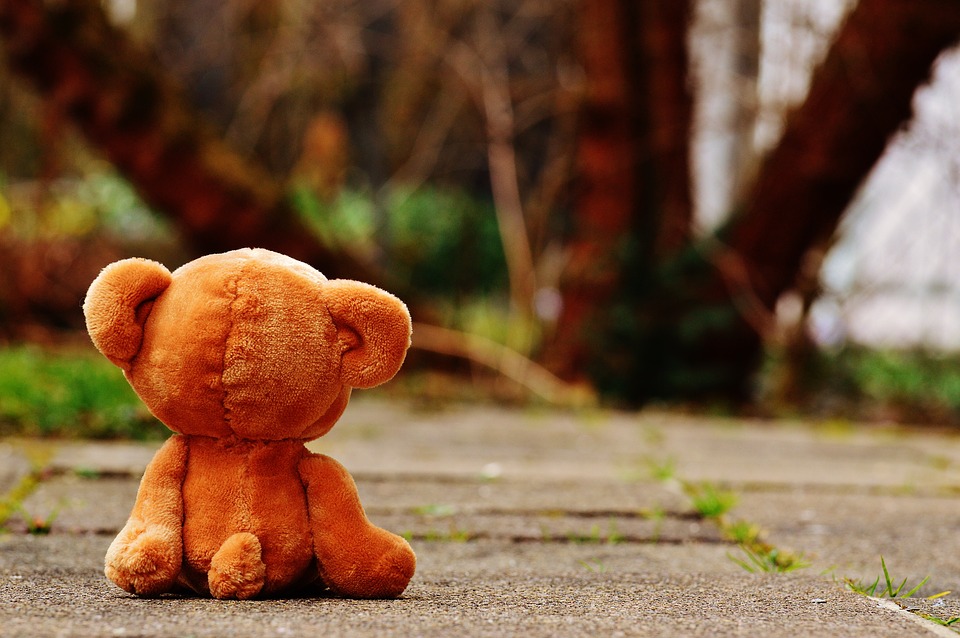

Nearly 20% of children aged 10 – 15 living in cities report feeling lonely ‘often’ compared with 5% of children living in towns or rural areas. Overall, more than one in ten children aged 10-15 and one in ten young adults aged 16-24 reported feeling lonely ‘often’.
Embed code
The figures are part of the first report on young people and loneliness released by the ONS today. The report was commissioned by the government earlier this year as part of their wider ‘Strategy on Tackling Loneliness’, which builds on the work of the Jo Cox Commission on Loneliness.
Dawn Snape, Assistant Director, Sustainability and Inequalities Division, Office for National Statistics said “we’ve looked at how often children and young people feel lonely and why. An important factor is going through transitional life stages such as the move from primary to secondary school and, later, leaving school or higher education and adapting to early adult life.”
The report also showed that more than a quarter of children who receive free school meals (27.5%) reported feeling lonely often – five times more than children who don’t receive them.
Free school meals are generally available to lower income families, however whilst deprivation seemed to impact childhood loneliness, the report authors concluded that the correlation between children who receive free school meals, and ones who reported feeling lonely ‘often’, couldn’t be explained by deprivation alone. “Our separate analysis showed that children’s satisfaction with household income was not significantly related to loneliness.”
The authors suggested that children who were in receipt of a free school meal were ‘marked as different’ in some way, and this could also be a contributor experiencing greater levels of loneliness.
Loneliness is something that everyone will experience from time to time during their lives, however when an individual experience feelings of loneliness frequently or for extended periods of time it can have a serious impact on their health and wellbeing.
Studies have shown that social isolation and loneliness can be as damaging to health as smoking 15 cigarettes a day, has the same impact as obesity, and can increase the chance of mortality by 26%. Loneliness is also associated with an increased risk of developing heart disease, increases the risk of high blood pressure and individuals who are lonely are also at higher risk of developing a disability.
Today’s report seems to support those findings. Amongst young adults aged 16-24, those reporting no long-term illness or disability were much more likely to say they “hardly ever or never” felt lonely (44.8%) than compared with those with a long-term illness or disability (19.3%).
The NHS annual ‘Mental Health Bulletin’, released at the end of November showed that over half a millions (525,326) children under the age of 18 had contact with mental health services (including learning disabilities and autism services) at some point during the last year, with a total of 2,510,745 people of all ages accessing services.
This total has doubled since the NHS began publishing the Mental Health Bulletin in 2010, however the number is down from a record high of 2,637,916 in 2016.
This year’s NHS report also reveals that during the same year 4.5% of the total population were in contact with mental health services at some point.
Sam Royston, Director of Policy and Research at The Children’s Society, who were involved in shaping the ONS research said “Now that the heartbreaking scale of loneliness among children has been laid bare, it’s time for action to put more support in place and understand the underlying issues.”
